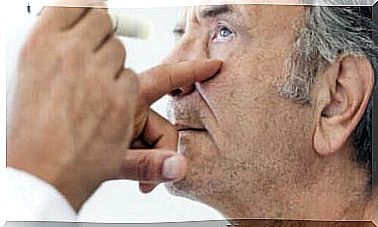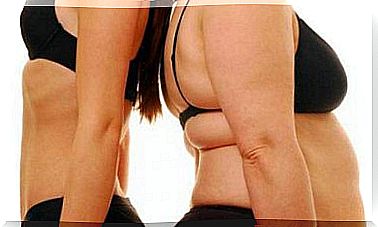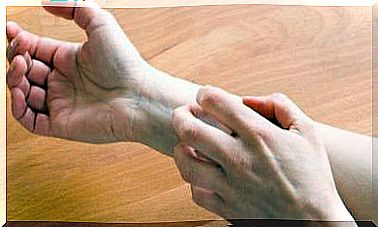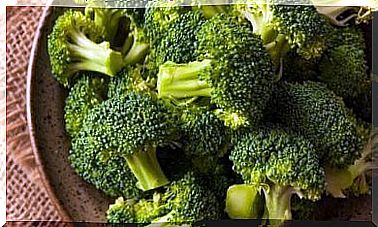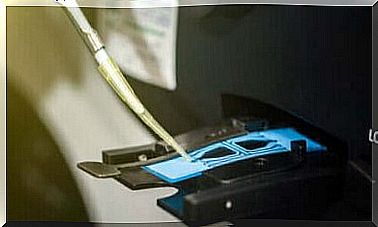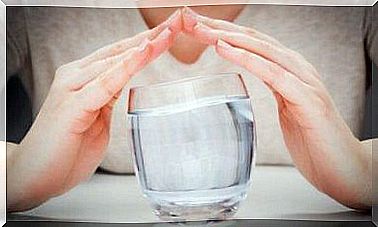Does A Sudden Cardiac Arrest Really Come Without Warning?
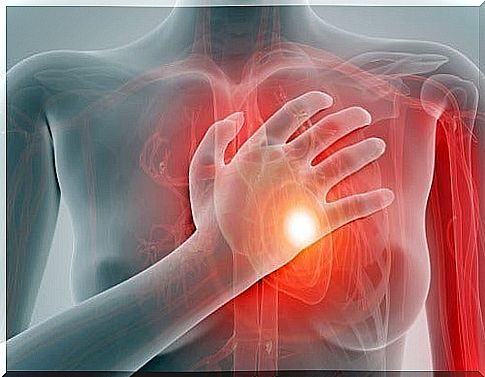
A cardiac arrest or heart attack means that the heart is no longer able to pump blood to other organs and tissues in the body. Cardiac arrest requires immediate treatment to avoid fatal consequences. There are several risk factors that can cause cardiac arrest . Let’s take a closer look at them.
Risk factors include:
- Smoking
- Overweight
- High blood pressure
- High cholesterol
- Fatty diet
- High blood sugar
- Still life
- Stress
Studies show that most people who have had a cardiac arrest have symptoms that indicate that something is wrong with their heart. These symptoms can appear up to a month before the illness.
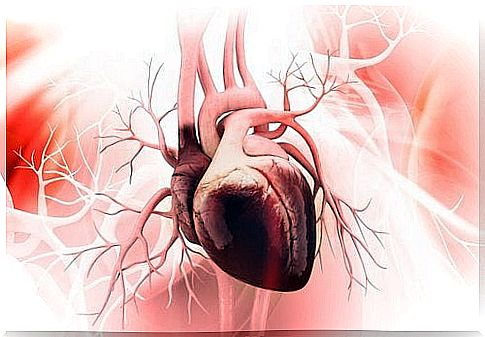
Signs of danger of cardiac arrest may include: chest pain, difficulty breathing, dizziness, palpitations (increased heart rate). These symptoms can also be a sign of some other health problem. Therefore, it is important that you see your doctor regularly if you have any of these symptoms or belong to one of the risk groups for heart disease.
Cardiac arrest can also come to young people and also to those who are athletic and follow a healthy lifestyle. This may be due to hereditary traits and may easily go unnoticed.
First aid for cardiac arrest
When medical help is just coming, a person who has had a cardiac arrest should receive first aid for CPR, which consists of regular chest compressions and breathing in the mouth or using a breather.
Once the medical staff arrives, the patient receives defibrillator therapy. It sends an electric shock to the heart, returning the heart to a normal rhythm.
It is important and very helpful that everyone knows the basics of first aid and CPR. How to give first aid and what things to consider before starting first aid? The sooner first aid is started, the more likely it is that the person who has had a cardiac arrest will survive.
Heart-friendly diet
These foods are considered heart-friendly and promote lively blood circulation. This helps keep the heart in good condition and prevents disease.
What are these foods?
- Fish
- Dried fruits
- Fruits and vegetables (two servings of vegetables and two or three fruits)
- Oats
- Skimmed or 1% milk
- Low-salt meats: turkey, hare, chicken (always remove skin and excess fat from raw meat)
- Legumes
Below, we recommend you a heart-friendly recipe to make a delicious meal without compromising your heart health.
Pumpkin oven risotto

Ingredients
- 450 g of pumpkin peeled and cut into pieces of one centimeter
- Small onion, chopped into small pieces
- One clove of garlic crushed
- Oil spray and water
- Black pepper, freshly ground
- 200 g of risotto rice
- Peel of a half lemon
- 700 ml of hot vegetable broth
- 30 g grated parmesan
Instructions
Preheat oven to 200 degrees. Put the pumpkin, onion and garlic in an ovenproof dish. Spray the vegetables with oil spray and water. Season lightly with black pepper. Put in the oven for 15 to 20 minutes until the vegetables have turned golden and caramelized. Turn regularly during baking.
Add lemon zest and rice on top of the vegetables in the oven dish. Pour over the still boiling vegetable broth and stir. Put the whole frying back in the oven covered with foil for 20-30 minutes or until the rice has softened and all the liquid has been absorbed. Add half of the parmesan cheese and stir, spread the rest of the cheese on top of the frying and serve immediately.
Enjoy this delicious and heart-friendly recipe!
Remember…
Taking care of yourself doesn’t mean you always have to eat regular and numbing or boring food. Talk to a nutritionist. He will help you plan a varied, tasty and at the same time healthy diet that is right for your state of health. Adhering to a very detailed, accurate, and routine diet usually only results in you rejecting the diet quickly.
Remember that having a cardiac arrest requires that your blood vessels have been damaged in the past. This does not happen in a healthy person.



